Technology has emerged as a transformational force in the area of healthcare, transforming the way in which we approach diagnosis, treatment, and rehabilitation. One noteworthy application of technology’s skill is found in the field of speech therapy, where Artificial Intelligence (AI) is swiftly redefining the traditional techniques of intervention. This is a wonderful application of technology’s ability. The days of using a cookie-cutter strategy that attempted to cater to everyone’s unique needs are long gone. A new era has begun with the introduction of speech therapy systems that are supported by artificial intelligence (AI), one that places a primary emphasis on the individual’s own rate of improvement.
Each and every Voice Is Different
Voice is a one-of-a-kind identifier that sets us apart from everyone else in the world by providing an acoustic signature. However, for those who have speech impairments, this very individuality can become a source of frustration and loneliness because of the difficulties associated with communicating. Traditional speech therapy typically followed a predetermined course of action and relied on a set of exercises that were intended to eliminate speech disorders. The fact that this method didn’t take into account the particulars of each person’s situation meant that it produced varying results, despite the fact that it had some positive aspects.
Enter artificial intelligence, which is equipped with the ability to process enormous volumes of data and recognize patterns that a human eye would miss. Not just the physical features of speech, such as intonation, pitch, and rhythm, but also grammatical nuances, dialects, and even the emotional context of the speaker’s words are analyzed by AI systems. This holistic understanding serves as the foundation for an experience that is truly individualized throughout speech therapy.
Insights from Data Can Change the World

The ability of Artificial Intelligence (AI) to transform speech therapy and acquire new knowledge through observation and experience is its most valuable asset. AI systems are able to develop a thorough profile of a person by recording and analyzing the patterns of speech used by that person. This profile acts as a dynamic framework for personalizing therapeutic activities to the individual’s specific requirements, so it is important that you complete it.
Consider a youngster who suffers from a condition affecting the speaking sounds. Traditionally, treatment can consist of generic exercises focusing on particular sounds. AI, on the other hand, is much more advanced. It identifies not just the troublesome noises but also the underlying reasons, whether it be a musculoskeletal challenge or a problem with cognitive processing. This data-driven understanding enables AI to build workouts that directly treat the fundamental cause of the speech difficulty, giving a solution that is substantially more effective and efficient.
Personalized Learning, Anytime, Anywhere
Conventional speech therapy relies on in-person sessions, which can be difficult to get depending on factors such as geography, time, and the number of therapists who are available. This is one of the methods’ major drawbacks. Here is where AI comes in to help bridge the gap between the two. Systems of speech treatment powered by AI provide the option of learning remotely, which is quite convenient. Individuals are now able to access therapeutic modules whenever it is convenient for them, eliminating geographical obstacles as well as time limits. This is possible either through specialized apps or online platforms.
Additionally, artificial intelligence guarantees that the learning experience is both entertaining and adaptable at all times. It monitors the user’s responses while they are working out, evaluating their progress and adjusting the level of difficulty accordingly. In the event that a specific activity proves to be too difficult, the AI system is able to alter the parameters so that it is easier to complete. This helps to ensure that the user continues to feel inspired and encouraged throughout their journey.
Continuous Feedback and Continuous Improvement in Real Time helps Artificial Intelligence (AI) to transform the speech therapy
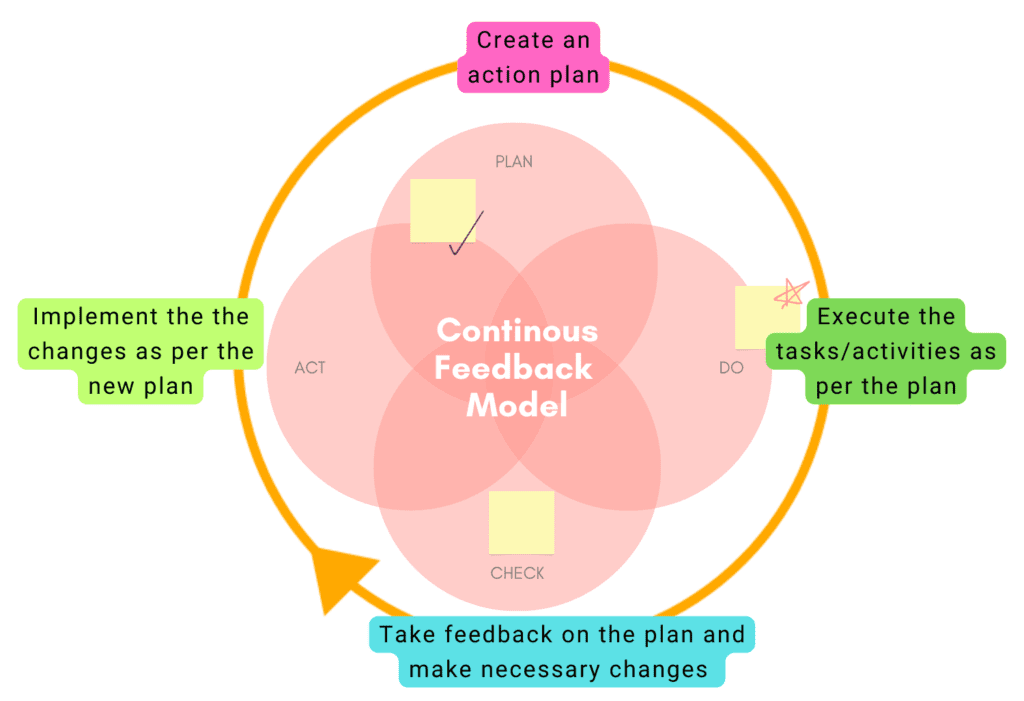
Traditional speech therapy has a number of difficulties, one of which is a disconnect between practice and feedback. Exercises may be practiced during therapy sessions; however, individuals may find it difficult to recreate the same level of accuracy outside of those controlled surroundings. Artificial intelligence solves this problem by providing feedback in real-time.
While users practice their pronunciation with the AI system, it actively listens, evaluates, and offers immediate feedback on their performance. It draws attention to errors, offers suggestions for corrections, and even monitors how much progress has been made over time. Due to the fact that individuals are able to make adjustments in the present, the learning process is sped up by this instant feedback loop, which also serves to improve the connection between theory and practice.
Monitoring Development and Recognizing Success
AI does more than simply assist progress; it also precisely tracks it. Progress is a powerful motivator, and AI does more than just facilitate it. Systems for speech treatment that are powered by AI keep meticulous records of the exercises, performance indicators, and milestones that have been reached. This extensive information is useful in a variety of contexts.
It provides users with a concrete depiction of their trip and illustrates how much further they have progressed as a result of using it. This visual reinforcement may be immensely encouraging, especially in situations where progress may be slow in coming. These data offer therapists significant insights into the efficiency of treatment regimens that they can apply in their practice. It reveals which tactics are successful and which may require modification, so helping therapists to fine-tune their approach in order to get the best possible outcomes.
Fostering Independence and Confidence
The development of a stronger sense of independence is likely one of the most significant benefits that can result from speech therapy that is powered by AI. People are able to take ownership of their path through treatment, which allows them to practice at their own pace and in settings that are comfortable to them. Because of this autonomy, engagement and commitment levels are significantly increased. Individuals also feel an increase in their sense of self-confidence as their progress becomes more noticeable. They will have the potential to participate more completely in social, educational, and professional areas of life if they are able to communicate more successfully.
Difficulties and Moral Concerns
It is necessary to recognize the difficulties and ethical considerations that precede the introduction of AI-assisted speech therapy since, despite the fact that it has a variety of advantages, it is still important to acknowledge them. Data protection, assuring the accuracy of AI assessments, and keeping a human touch in the therapeutic process are all important aspects that require careful attention.
In addition, artificial intelligence is very good at analyzing data, but the emotional and psychological parts of speech therapy shouldn’t be ignored. Particularly when dealing with complex problems or emotional challenges, there is no substitute for the empathic and nuanced counsel that can only be provided by human therapists.
The Future, in Harmony between Artificial Intelligence and Humans
The key to successful speech therapy in the future will be to strike a balance between the capabilities of AI and the personal touch of a therapist. It is the human therapist who gives empathy, compassion, and the ability to connect on a deeper level, while AI can provide insights, adaptability, and convenience.
Systems that use AI to assist in speech therapy have the potential to completely transform the industry by rendering therapeutic treatments more accurate, accessible, and successful. We pave the road for a future where individualized improvement isn’t just a goal; it’s a reality that transforms lives one word at a time by combining the strengths of AI and human therapists and putting those strengths to work together.
Pic Credit for this article: Freepik
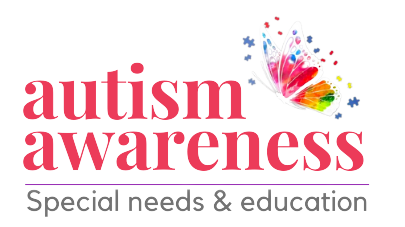
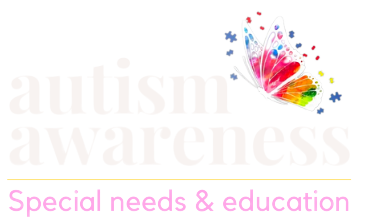

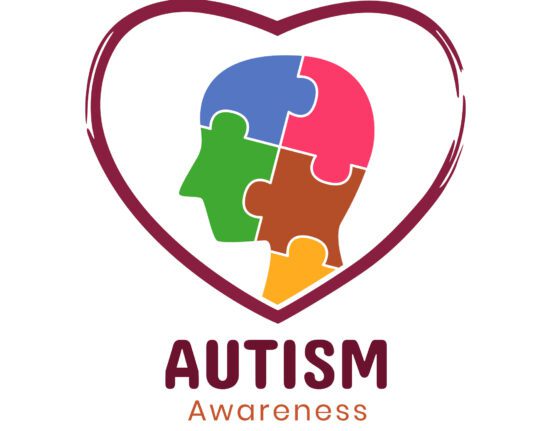






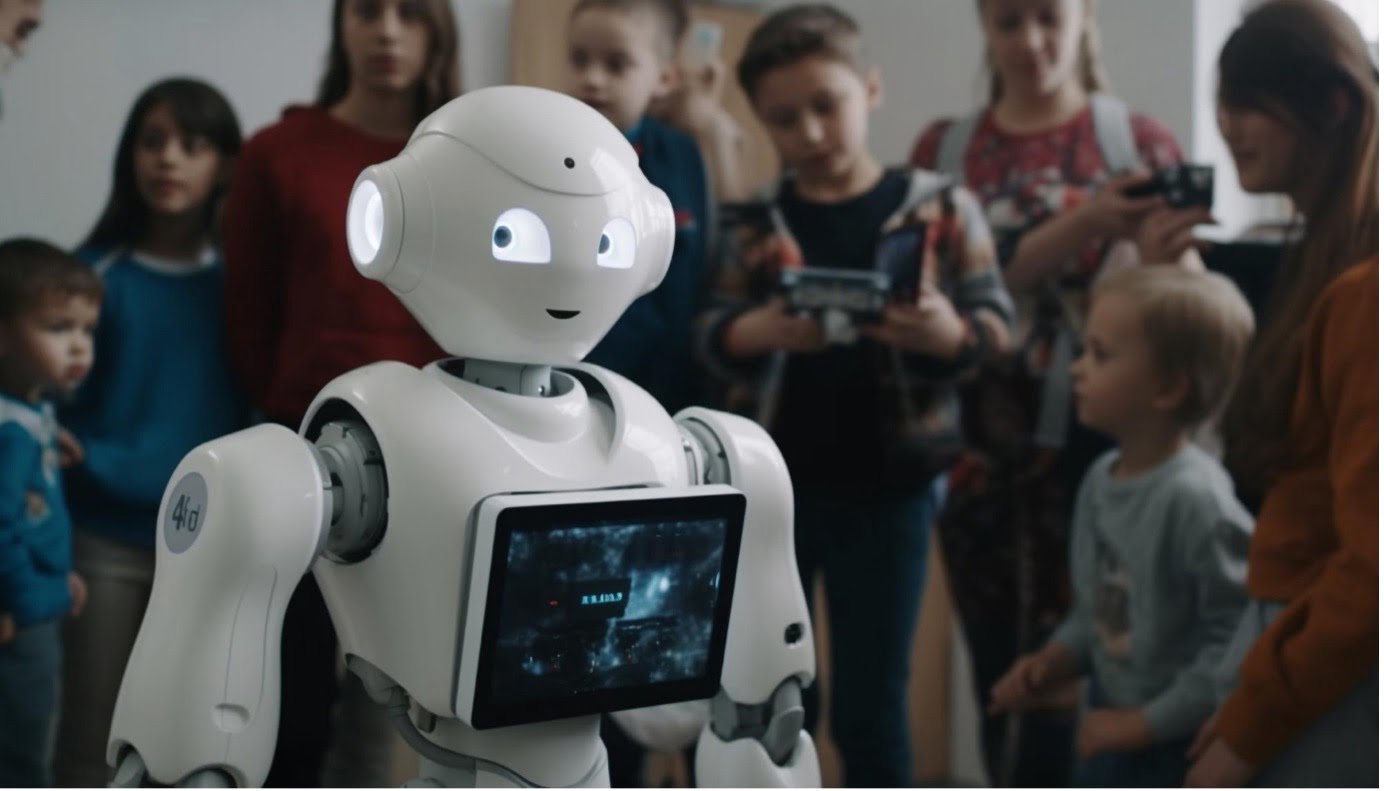




Leave feedback about this